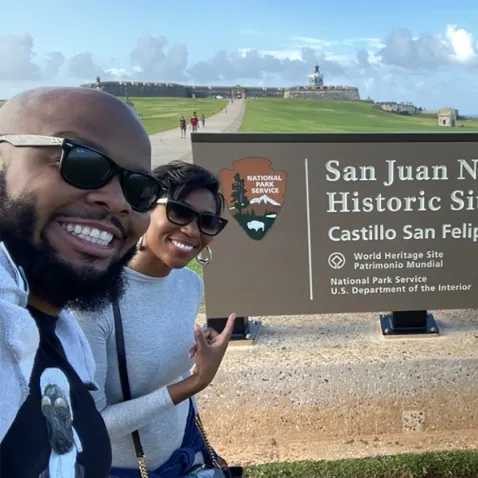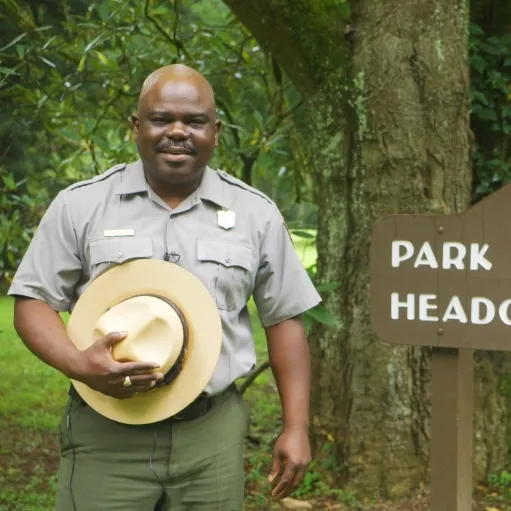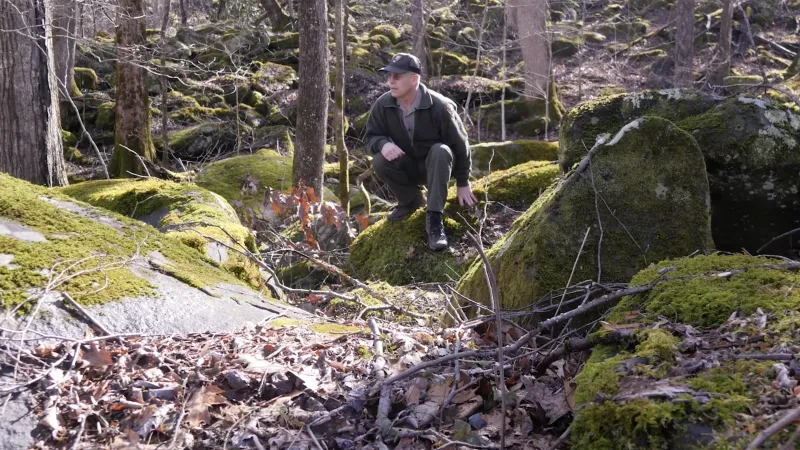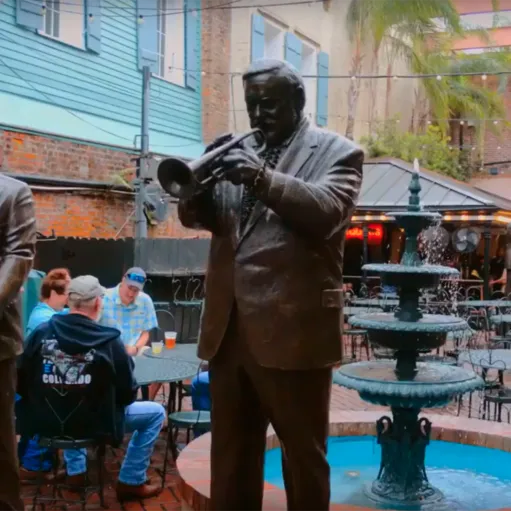Adventures for a Pacific Coast Highway Road Trip
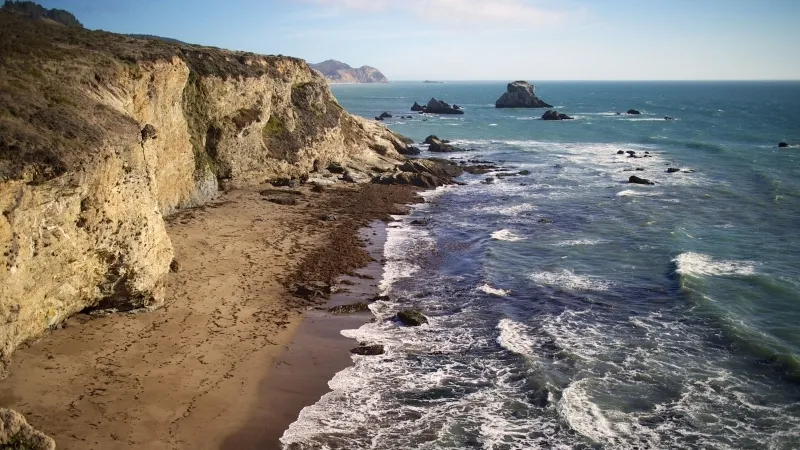
A favorite scenic driving route for many Americans, the Pacific Coast Highway meanders along the rugged coasts of Washington, Oregon, and California, forging a path to some of the West Coast’s wildest, most beautiful sites.
This alternately sun-soaked and fog-enshrouded trip takes you more than 1,000 miles from Washington’s Olympic National Park to Southern California’s César E. Chávez National Monument.
Olympic National Park
Washington
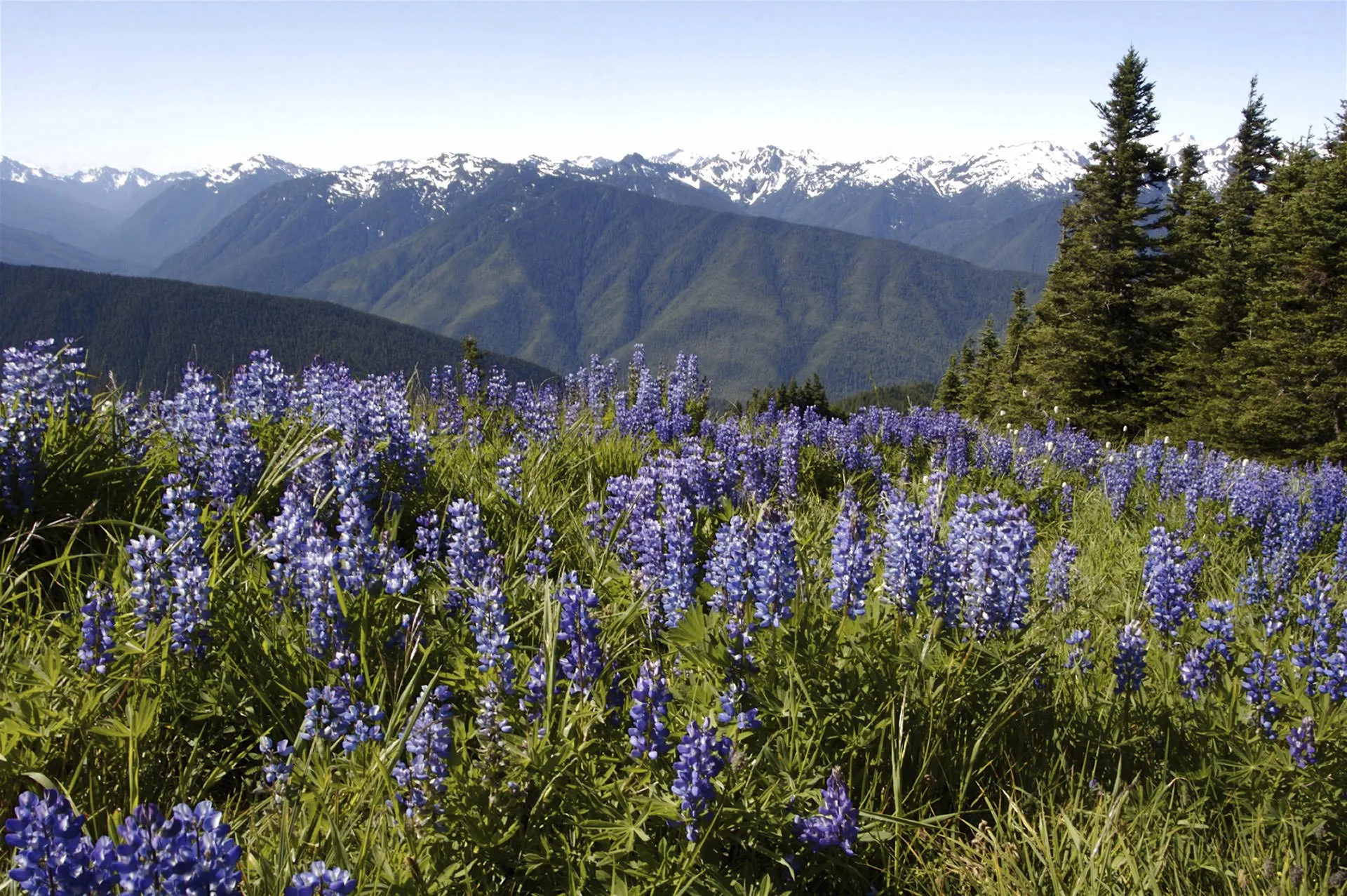
About the Park
Washington State's Olympic National Park protects vast wilderness, years of human history, and ecosystems like glacier-capped mountains and rainforests.
Things to Do
- Children’s Programs
- Hiking
- Historical
- Tours
- Arts & Culture
- Birdwatching
- Boating
- Camping
- Canoeing
- Climbing
- Cross-Country Skiing
- Fishing
- Fly Fishing
- Horseback Riding
- Kayaking
- Picnicking
- Skiing
- Stargazing
- Swimming
- Water Activities
- Wildlife Viewing
- Winter Sports
Start Here: 0 miles, 0 hours
Olympic National Park encompasses nearly one million acres, 95 percent of these designated as wilderness, with lush rainforest valleys that offer some of the most peaceful and secluded hiking trails in the country. If you have time to spend the night, you’ll also find dozens of campgrounds that range from primitive to modern. Summer is the least rainy season at Olympic, but you should still be prepared for a light shower or two.
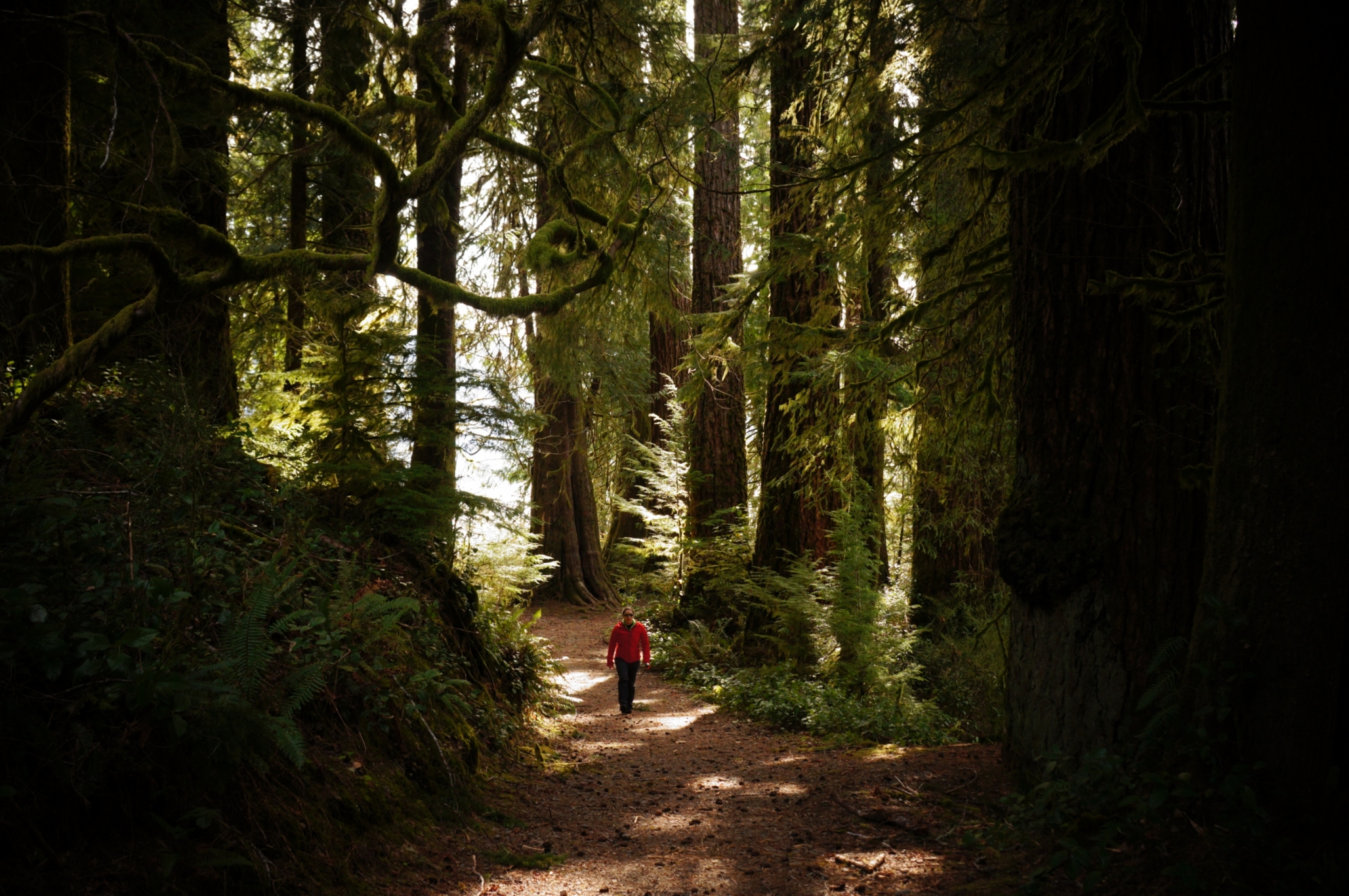
Oregon Caves National Monument
Oregon
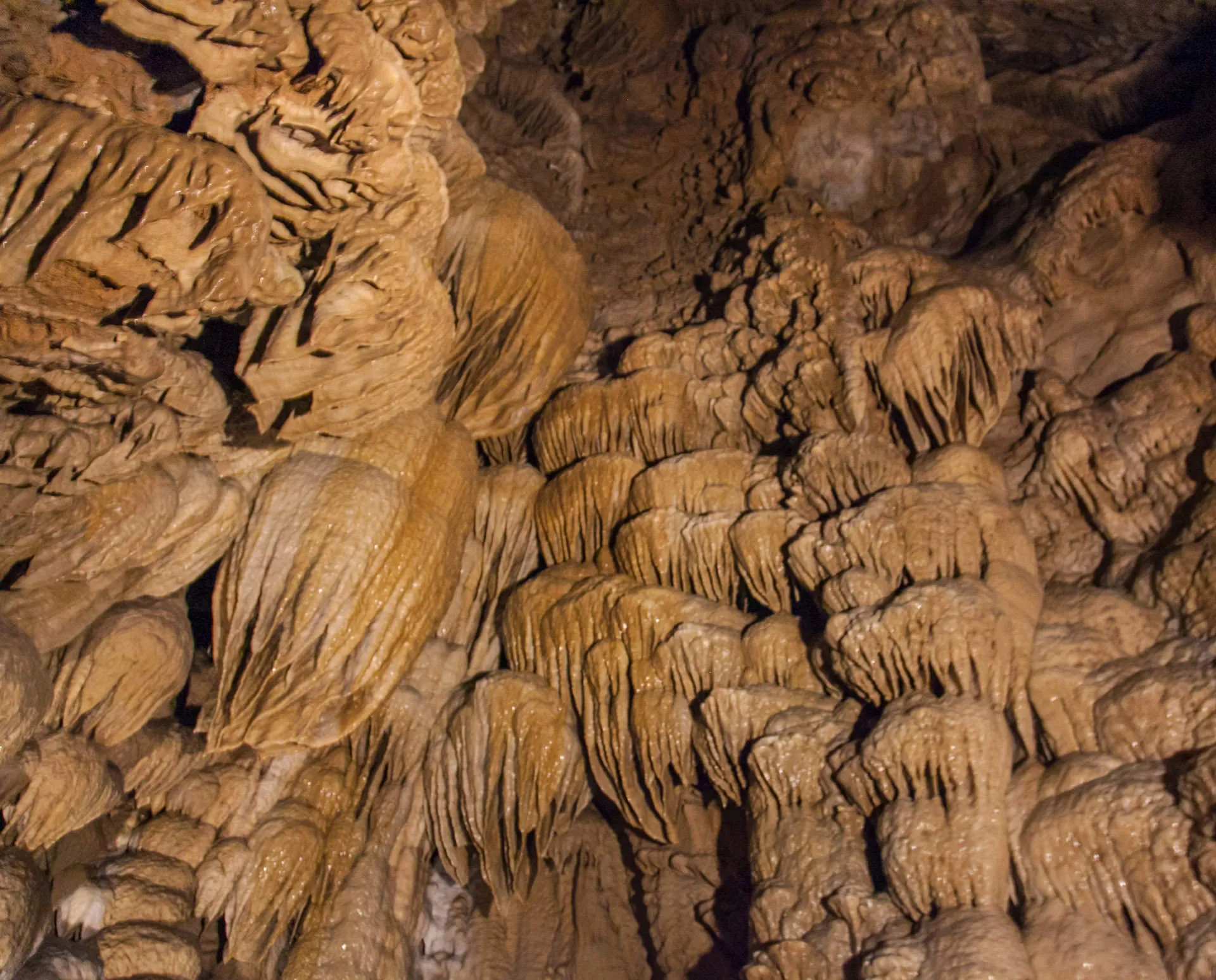
About the Park
Termed Oregon's Marble Halls, Oregon Caves National Monument features complex marble cave systems, rare plants and animals, and outdoor adventures.
Things to Do
- Children’s Programs
- Hiking
- Historical
- Tours
- Biking
- Birdwatching
- Boating
- Camping
- Picnicking
- Swimming
- Wildlife Viewing
- Shopping
- Hunting
- Caving
Stop No 2: 538 miles, 11 hours
Despite its small size, the 480-acre Oregon Caves National Monument and Preserve is rich in diversity. The landscape includes old-growth coniferous forest, but for many, the real attraction lies underground. Don’t leave without exploring the parks’ marble caves, created over hundreds of thousands of years by the power of rainwater from the forest above. Rain is rare during the summer months, and you can expect comfortable temperatures from the mid-60s to the mid-80s.
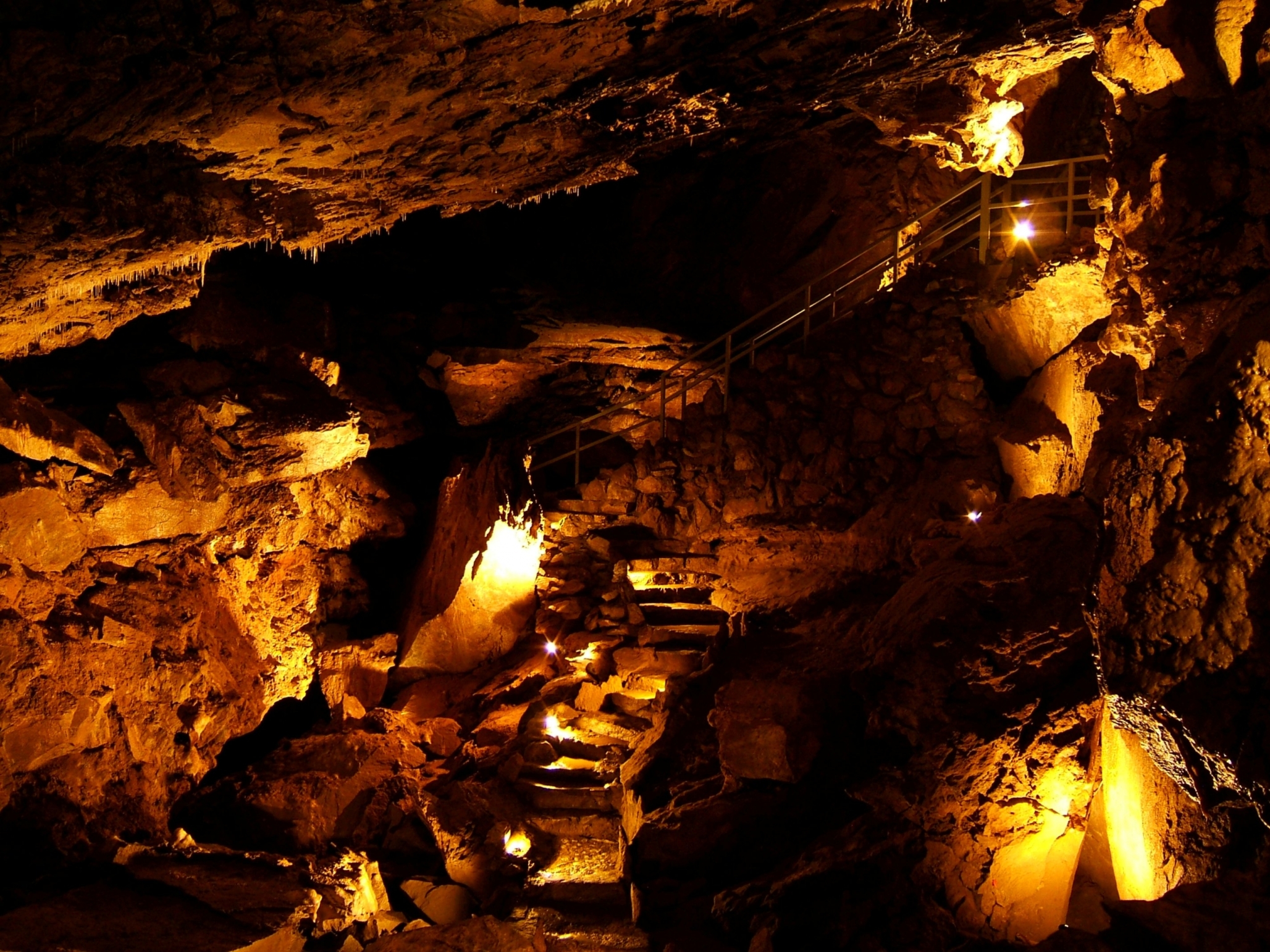
Redwood National Park
California
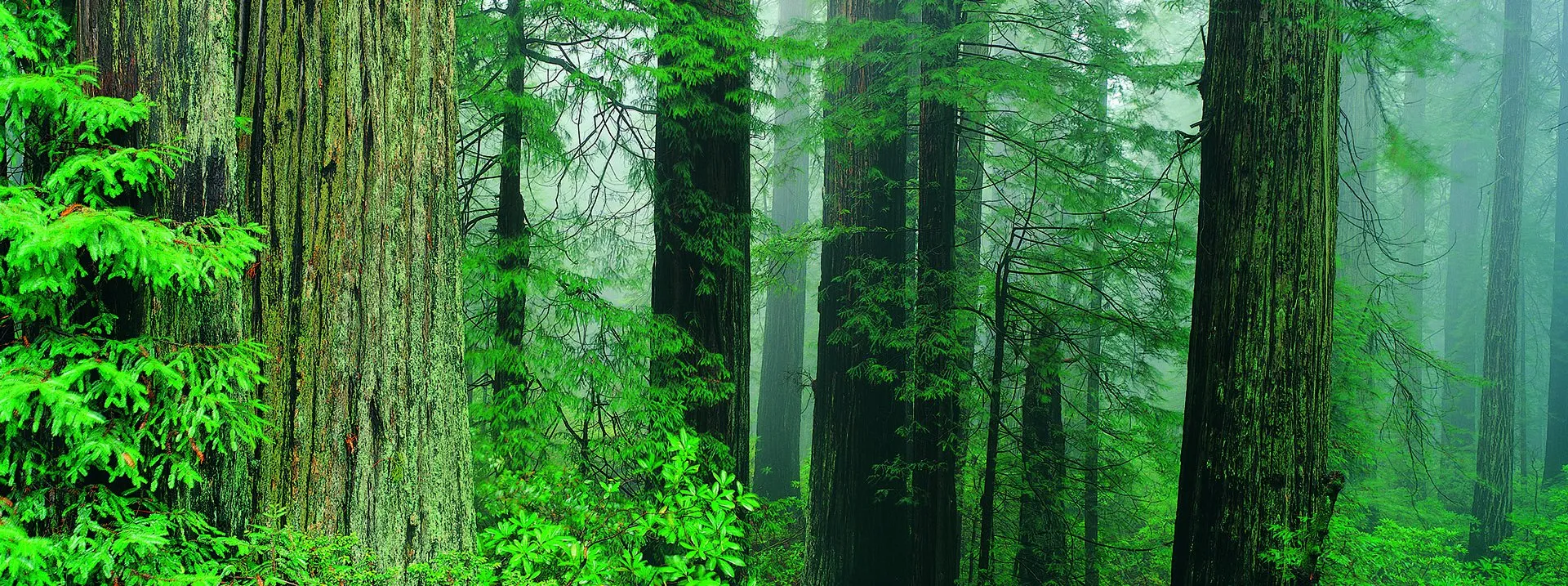
About the Park
Some of the tallest and oldest trees on Earth are in Redwood National Park and State Parks, managed jointly by National Park Service and California State Parks.
Things to Do
- Children’s Programs
- Hiking
- Arts & Culture
- Biking
- Birdwatching
- Camping
- Horseback Riding
- Kayaking
- Wildlife Viewing
- Shopping
- Off-Roading
- Scenic Drive
Stop No. 3: 571 miles, 12.5 hours
Redwood National Park and neighboring Redwood State Park are home not only to the tallest trees on earth, but also to 40 miles of pristine coastline and vast grasslands that support Roosevelt elk and black-tailed deer. The weather in summer is usually rain-free, but you can expect a thick veil of fog to rise up along the coast on any given morning.
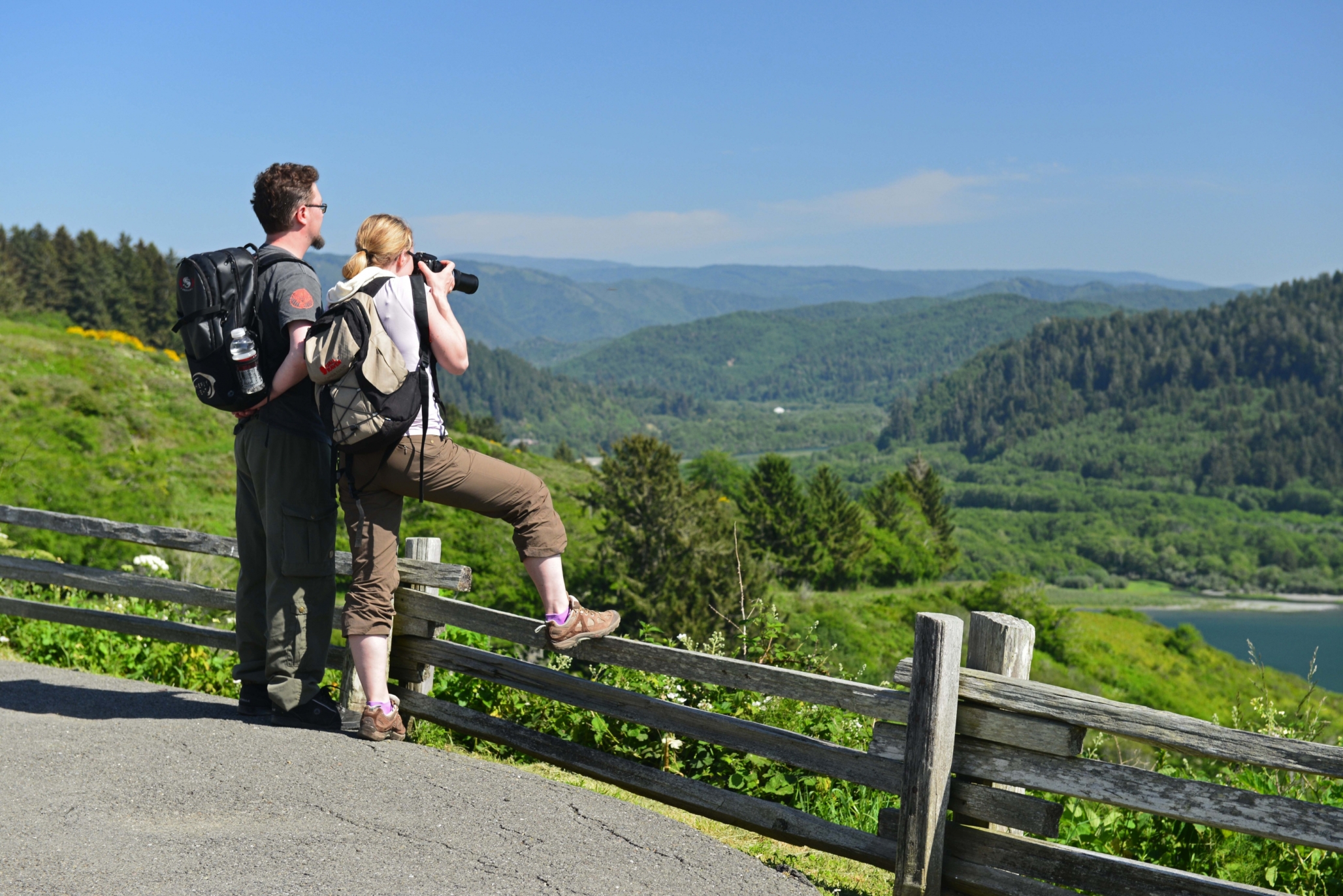
Point Reyes National Seashore
California
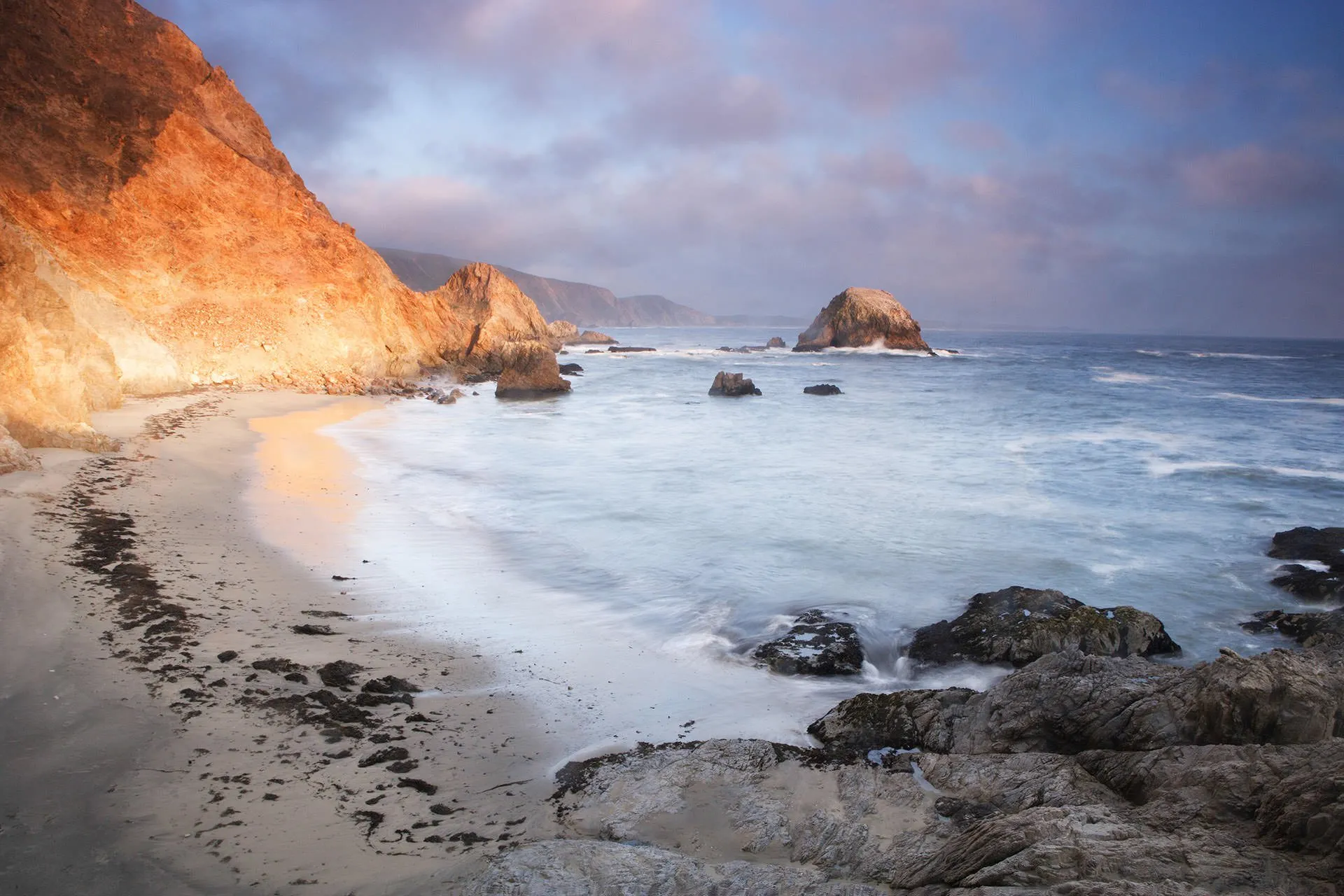
About the Park
California’s Point Reyes includes sand beaches, brush hillside, and forested ridges. The seashore offers hiking, events, and wildlife exploration programs.
Things to Do
- Children’s Programs
- Hiking
- Tours
- Biking
- Camping
- Fishing
- Horseback Riding
- Kayaking
- Wildlife Viewing
- Shopping
Stop No. 4: 870 miles, 19 hours
The rugged coast that now makes up Point Reyes National Seashore claimed more than its share of shipwrecks before lighthouses were erected along the shore in the late 1800s. Today, visitors come for the striking scenery, wildlife-viewing opportunities, and solitude. The inland portion of the park is usually warm and dry in summer, but coastal areas can be up to 20 degrees cooler with heavy fogs at any time of day.
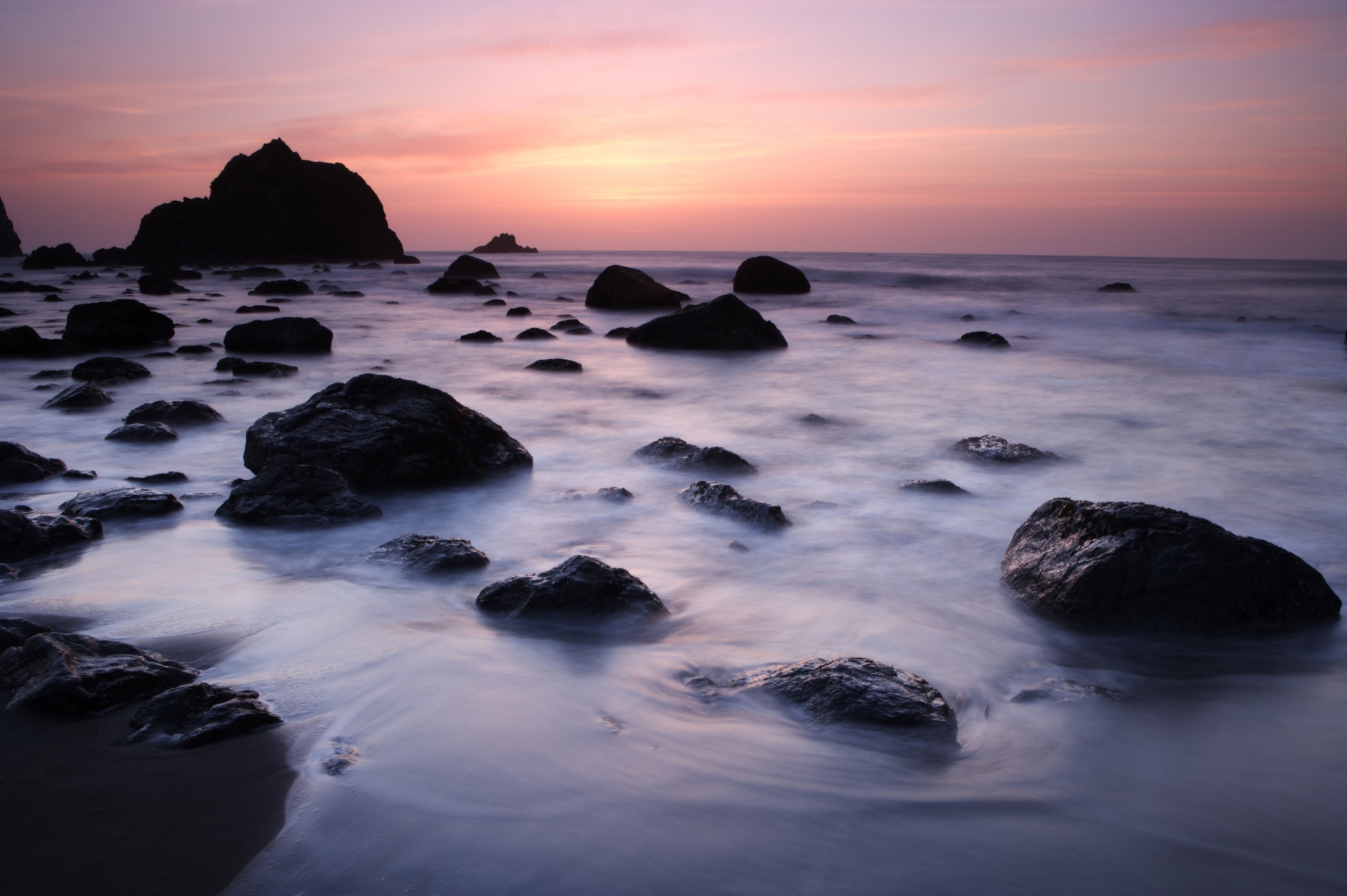
Golden Gate National Recreation Area
California
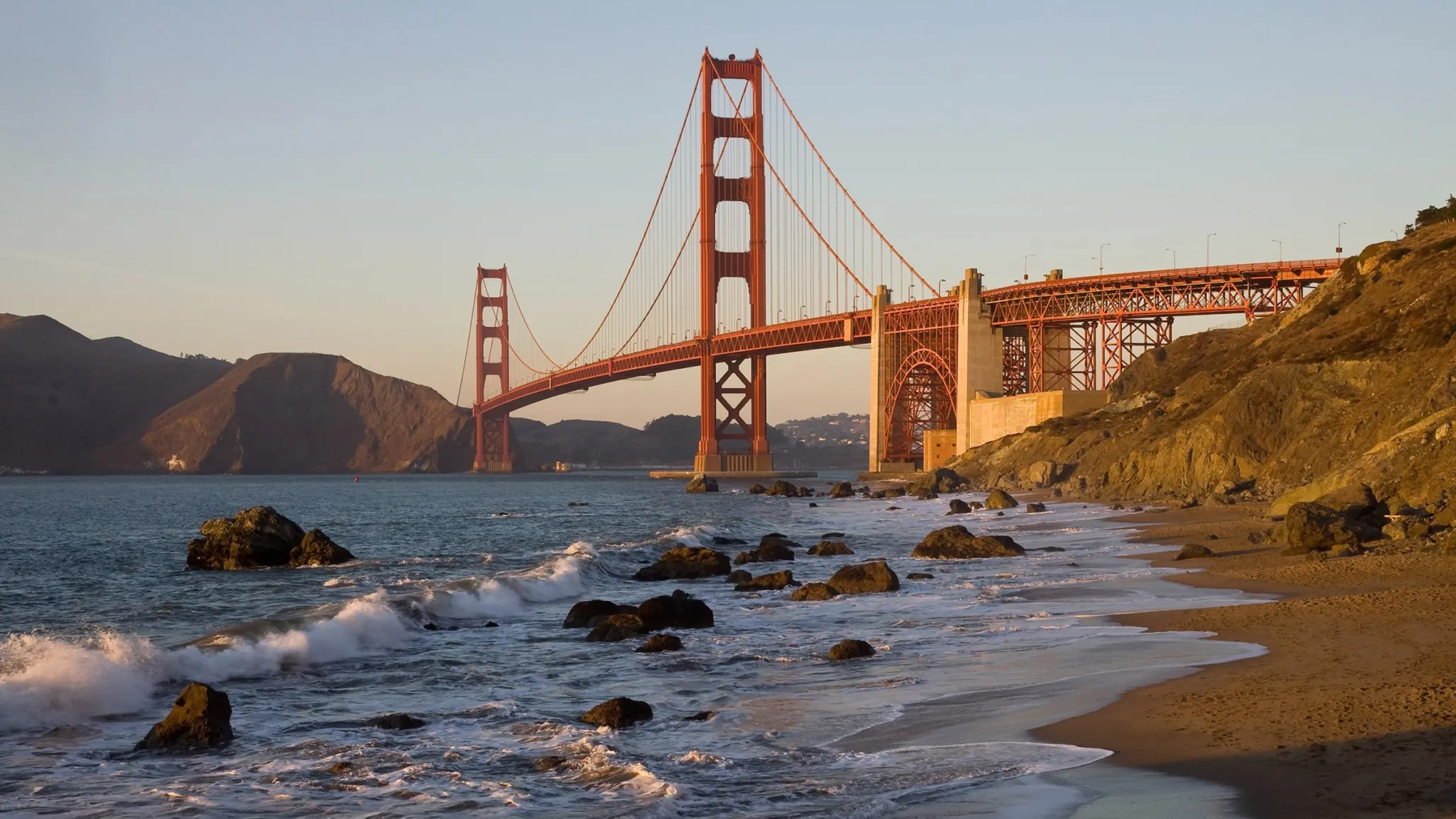
About the Park
Golden Gate National Recreation Area, with views of the Golden Gate Bridge in San Francisco, offers much to its many visitors every year.
Things to Do
- Children’s Programs
- Hiking
- Historical
- Tours
- Arts & Culture
- Biking
- Birdwatching
- Camping
- Fishing
- Horseback Riding
- Picnicking
- Water Activities
- Wildlife Viewing
- Shopping
Stop No. 5: 908 miles, 20.5 hours
The history of Golden Gate National Recreation Area encompasses everything from Native American culture through the California gold rush to the rise of urban San Francisco. The recreation area includes a vast collection of historic buildings, military installations, and other structures, some dating back to the 1700s, along with a view that offers a striking contrast between urban and rural landscapes. The summer climate is dry, almost to the point of being drought-like at times.
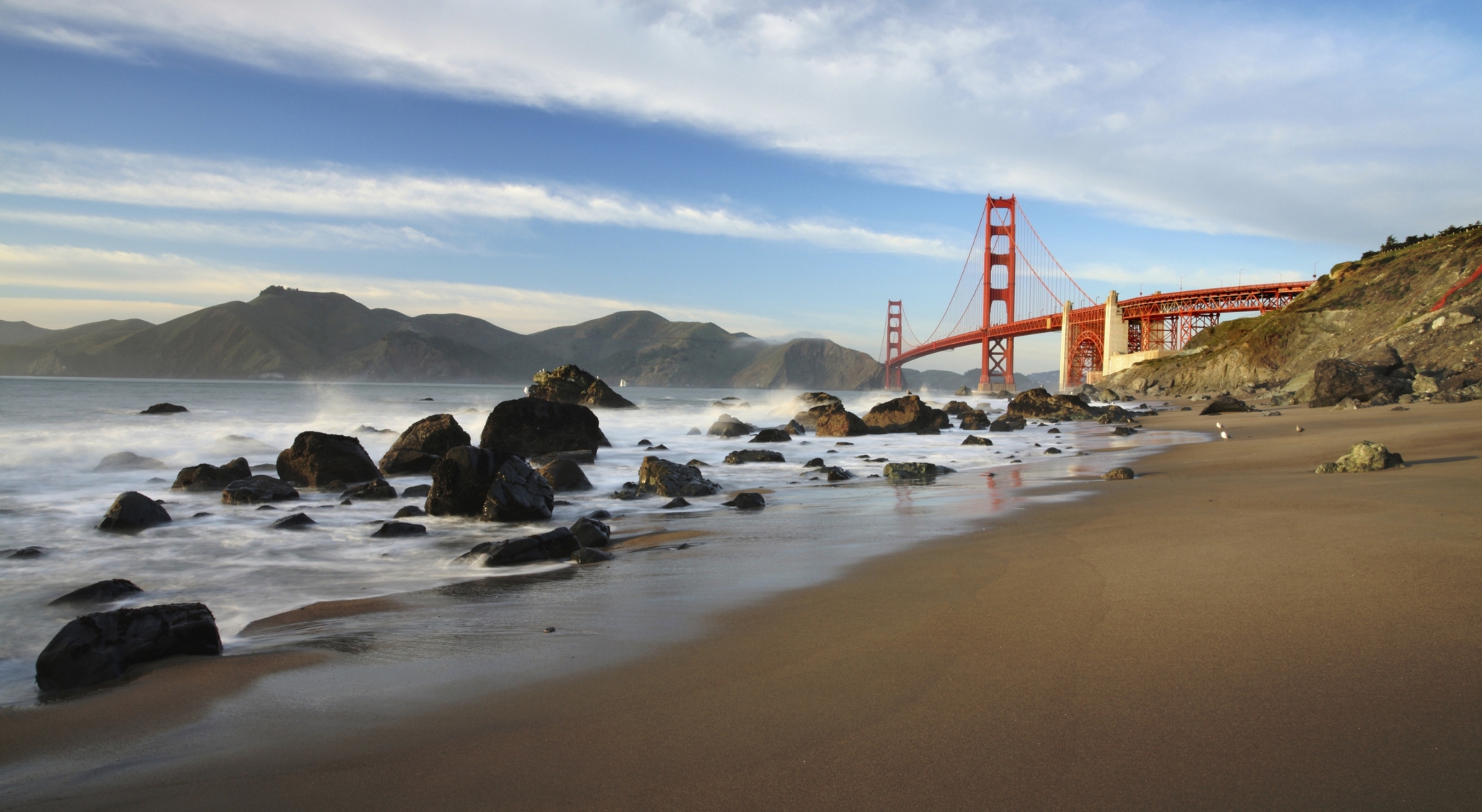
Pinnacles National Park
California
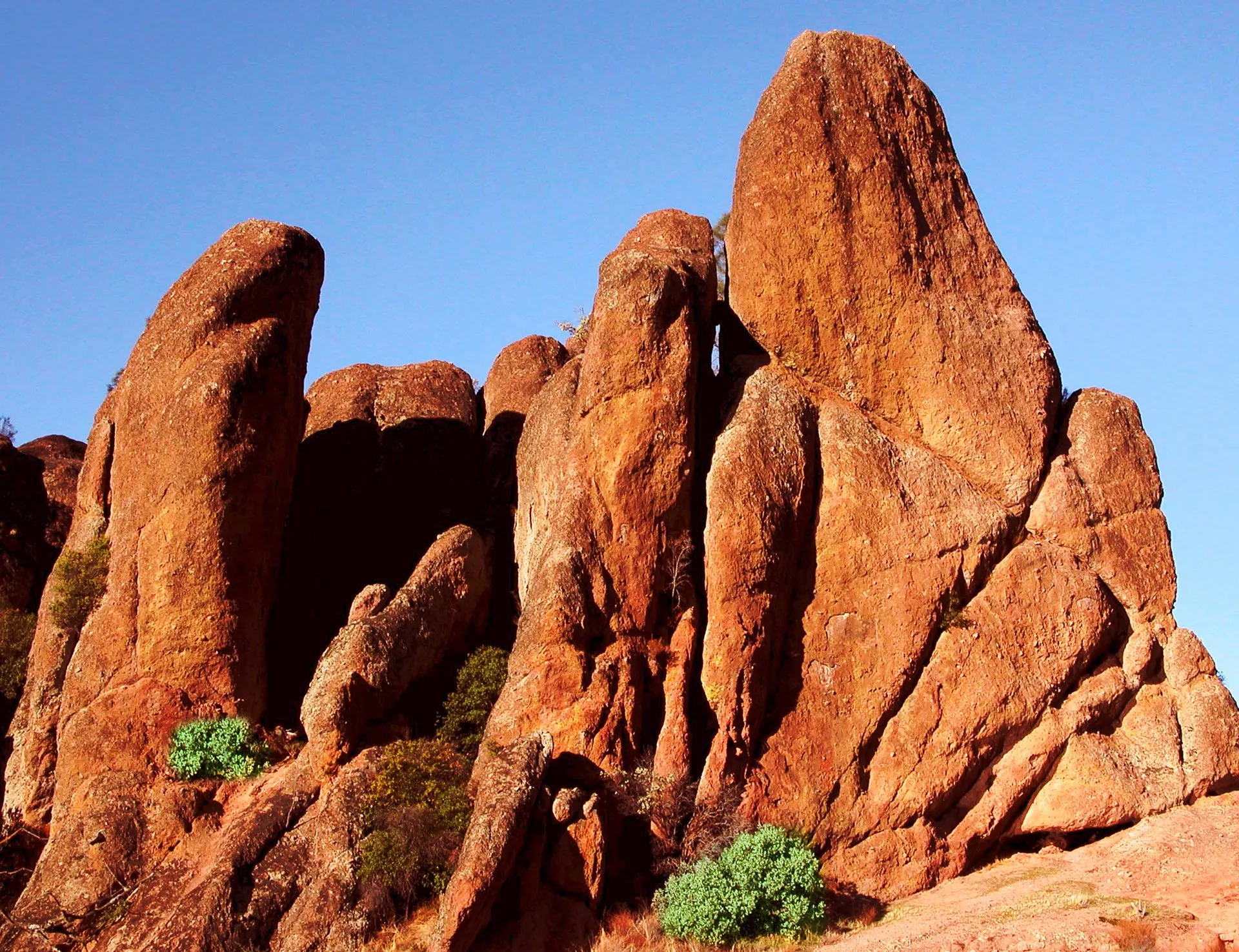
About the Park
Pinnacles National Park is the result of an ancient volcanic eruption. The chaparral, oak woodland, and canyon landscape is home to wildlife.
Things to Do
- Children’s Programs
- Hiking
- Birdwatching
- Camping
- Climbing
- Picnicking
- Stargazing
- Wildlife Viewing
- Caving
Stop No. 6: 1,066 miles, 23.5 hours
East of the rich Salinas Valley lies the spectacular and unique landscape of Pinnacles National Park. Hiking and rock climbing are popular among the park’s rugged valleys and towering rock formations, though the hot, dry summer climate makes it essential that hikers carry plenty of water.
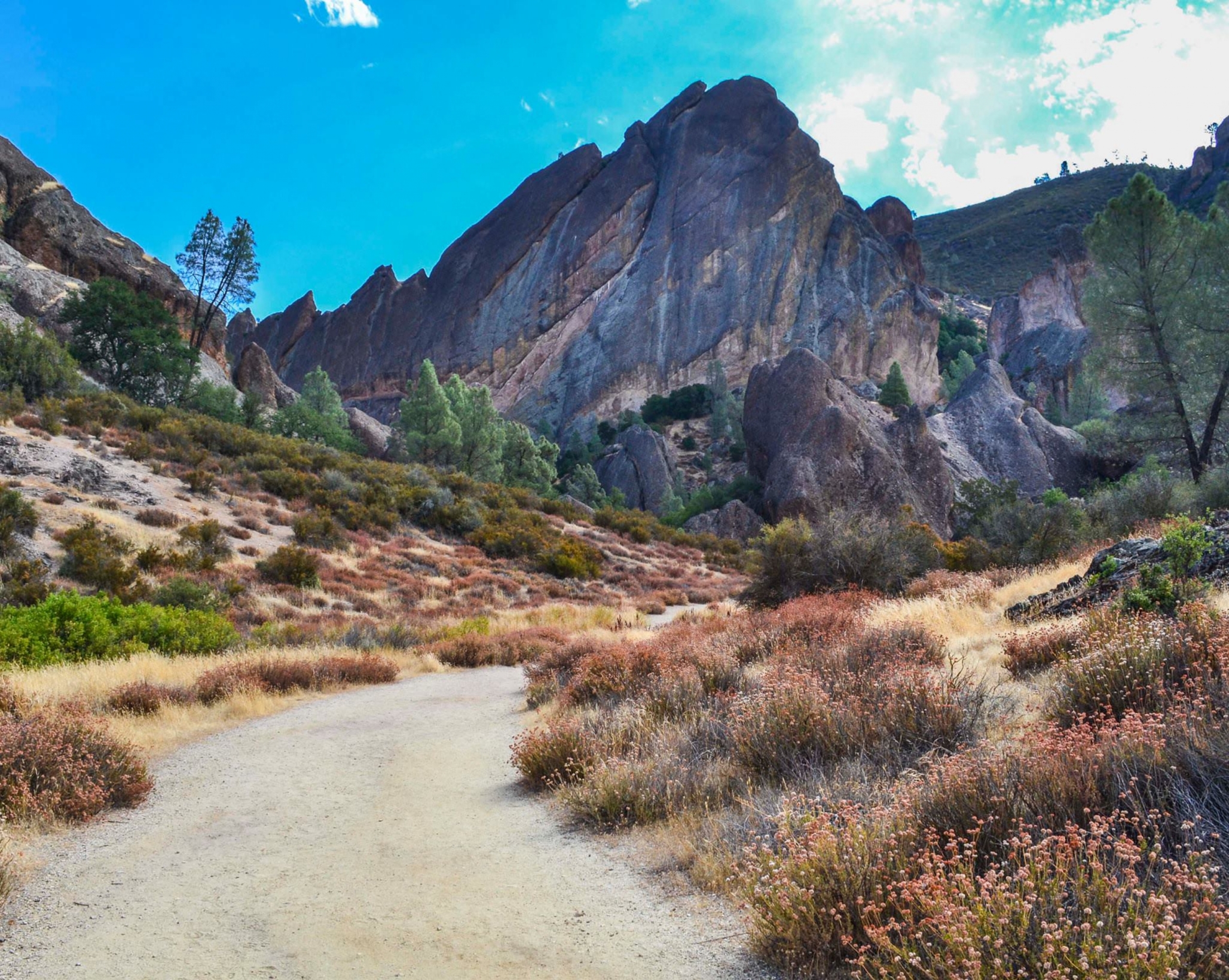
César E. Chávez National Monument
California
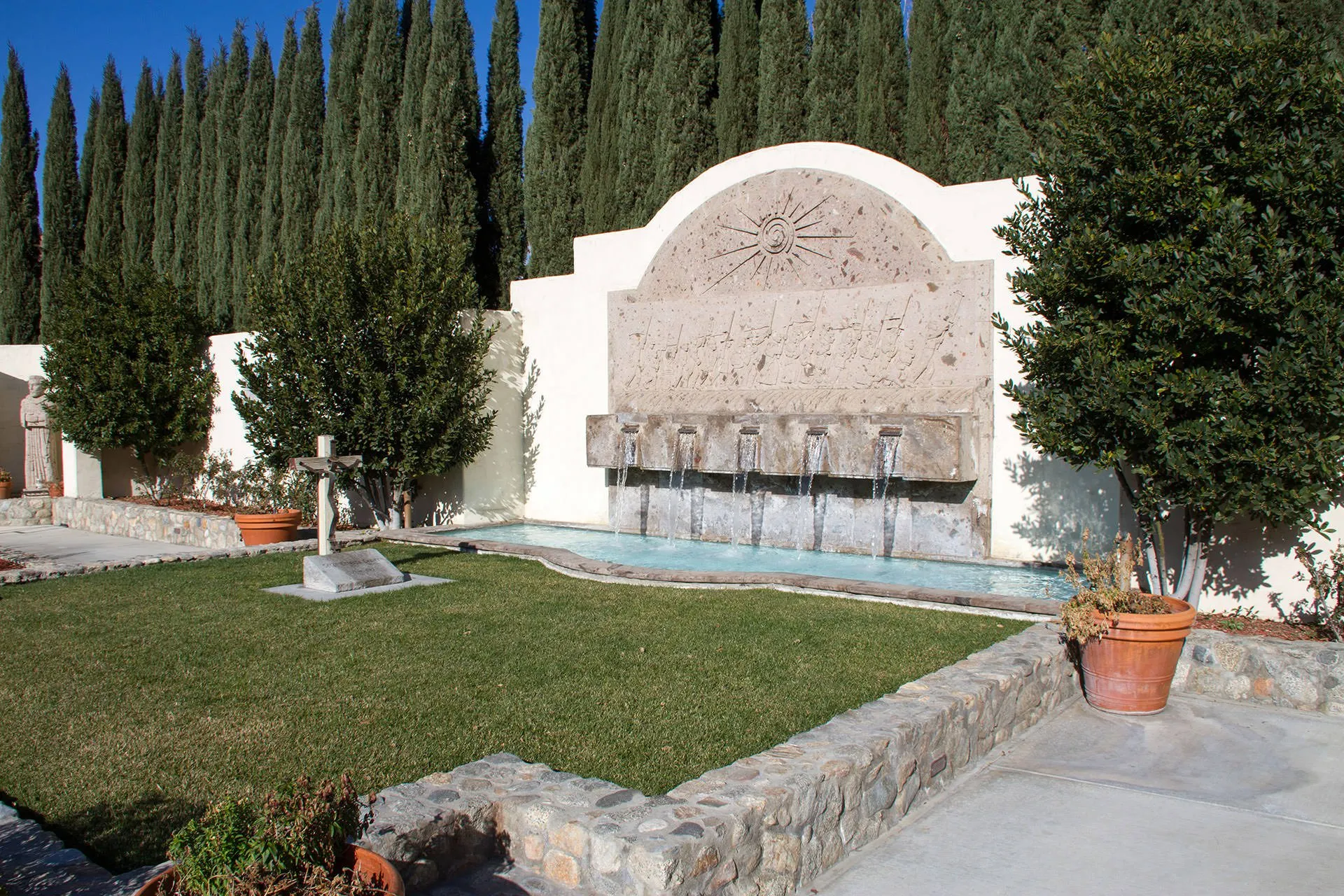
About the Park
César E. Chávez revolutionized labor participation in our political age by organizing the first agricultural union. He's hailed as a Latino leader.
Stop No. 7: 1,305 miles, 28 hours
Nestled within the property known as Our Lady Queen of Peace (Nuestra Señora Reina de La Paz), César E. Chávez National Monument marks the home and burial site of César E. Chávez, arguably the most important Latino leader in the U.S. during the 20th century. Visitors may tour the visitor center and the memorial garden where Chávez is buried.
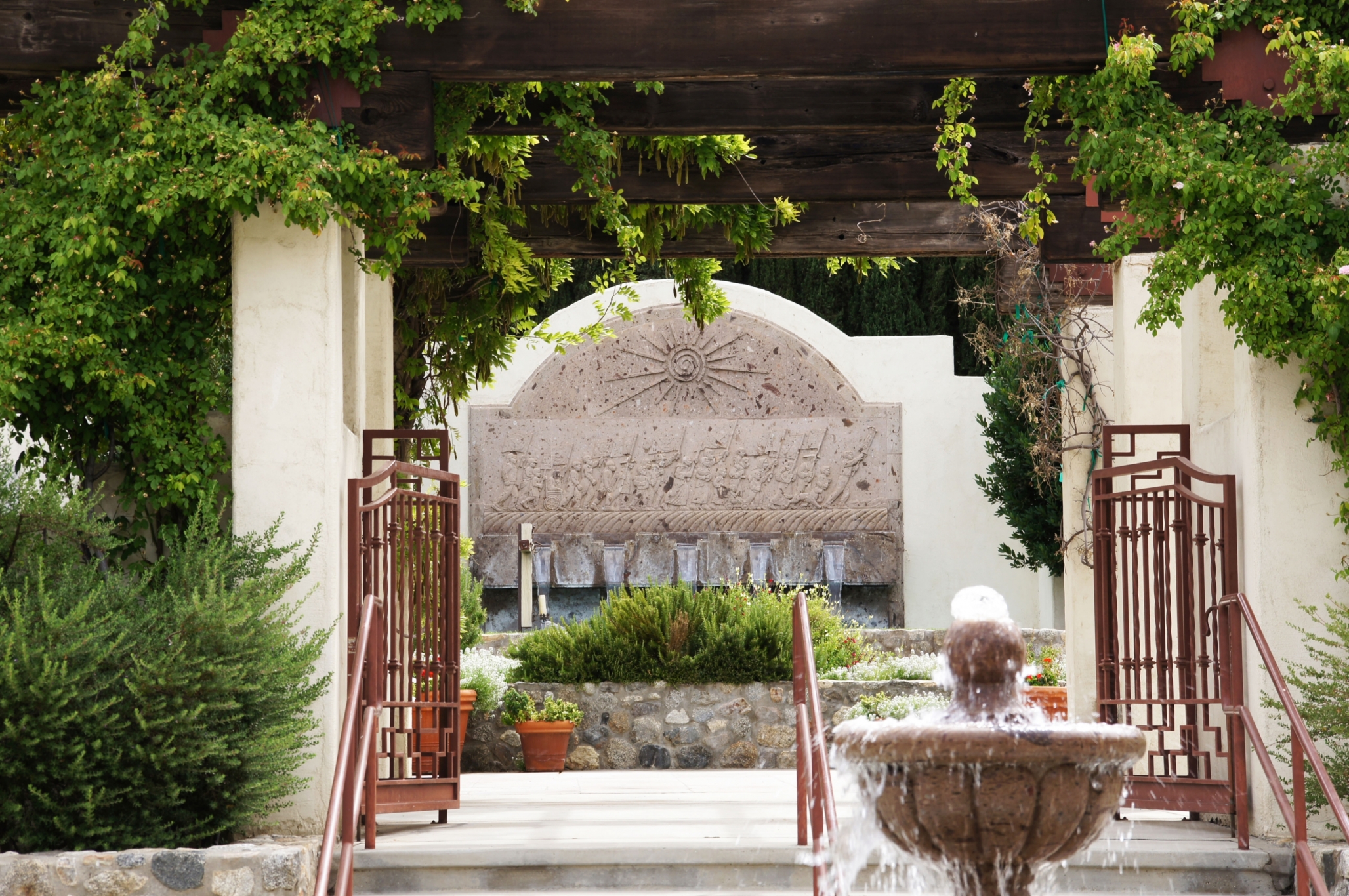
The Pacific Coast Highway offers access to some of the most exciting national parks on the West Coast.
